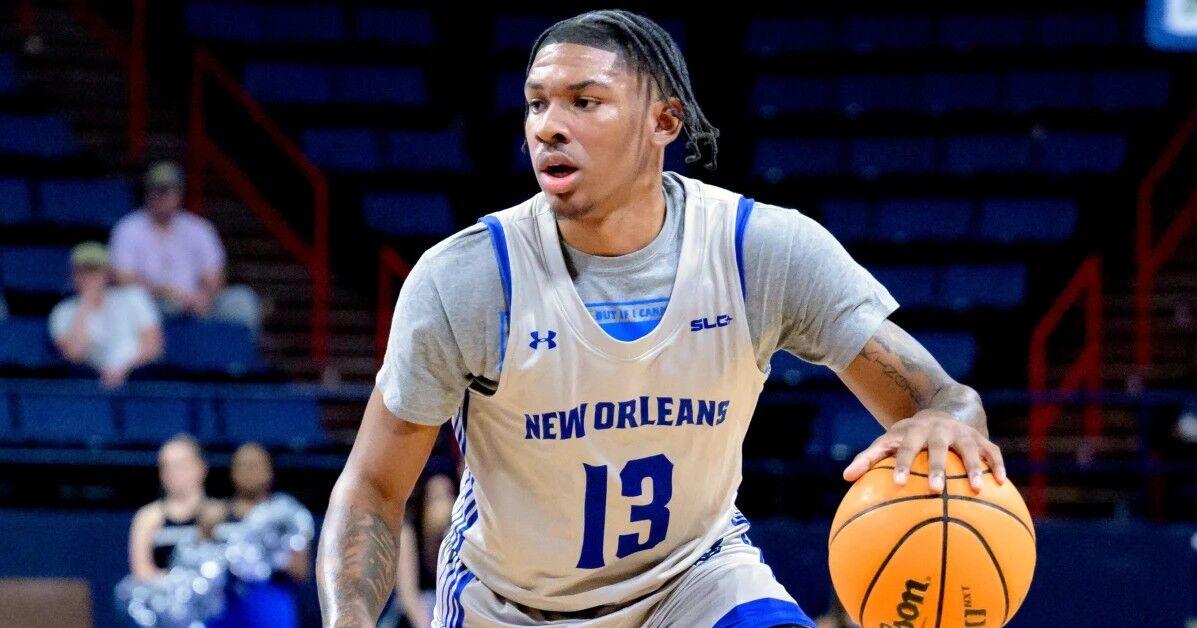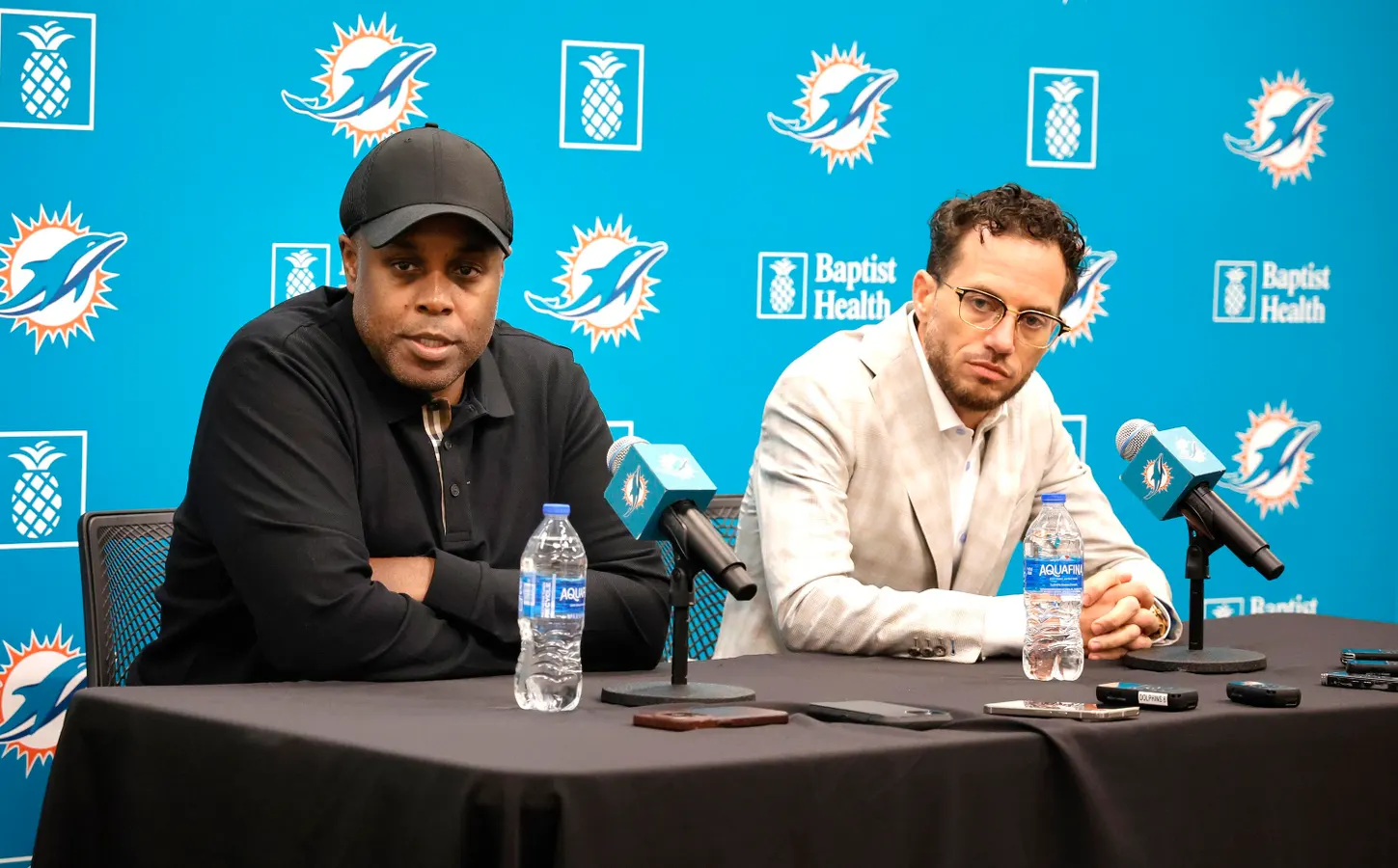Copyright Charleston Post and Courier

Dabo Swinney, during a two-minute tirade earlier this week, made an authentic point — even if it’s not exactly the one he intended to drive home. “We have gambling issues going on, people being suspended, all that kind of stuff,” Swinney said. "I mean refs are people, too. It ain’t just coaches and players.” That was about 72 hours following Clemson’s 46-45 loss to Duke, a game that’s come to be defined by a questionable pass interference call. Swinney criticized the officiating immediately afterward, took his punishment (a $10,000 fine from the ACC) and then kept on talking a few days later. To be clear, he wasn’t outright accusing the refs of being on the take. Instead, it was Dabo being Dabo, trying to distract and deflect from the core reasons for another loss in a historically bad season. You might file it away as one more case of lil ol’ Clemson claiming it was shafted by the big bads from Tobacco Road. Maybe the Tigers were, maybe there weren’t. Regardless, Swinney touched on a legit issue. Anything and everything is suspect now that gambling is accepted as being above-board. Not merely as an ancillary sidekick to the games, either, but as an actual driver of everything. ESPN’s College Gameday is doing its end-of-show picks against the spread rather than straight up. Normally buttoned-up franchises such as the Carolina Panthers push out social media posts prompting wagers on their games. And good luck finding a fan of about any age who’s not schooled on that day’s betting lines. That indicates the tail is wagging the dog. Cornered With that level of constant messaging, it’s understandable that sports (especially college sports) finds itself painted into a corner. How can it discourage its athletes and staff from gambling while also embracing the big bucks those companies deliver? And nobody was really prepared for it. “The biggest issue is the speed at which it's been legalized and being promoted,” said Stephen Shapiro, a Sport and Entertainment Management Professor at South Carolina. “It’s opening the door for opportunities for issues with the integrity of the game. The speed is much faster than trying to take a careful consideration of how this is going to affect players and the integrity of the game.” No doubt. On Friday, the NCAA banned six former college basketball players from three different schools for betting violations. The athletes were either providing inside information to gamblers regarding their own individual performances or outright efforting to fix games. All of it’s shady. This came on the heels of a former Indiana women’s assistant volleyball coach being punished for consistently betting on Hoosiers football and basketball games. Brett Agne did so over a five-month period and didn’t wager on volleyball, yet the NCAA prohibits betting on any college sports by a student-athlete or coach. He was suspended for 10 games and handed a two-year show-cause order. Agne won’t be coaching for a minute at the college level … if ever again. Those are only the most recent examples, too. More than half of the NCAA’s major-violations cases this year have involved gambling. Who didn’t see this coming when the gates to sports gambling opened in 2018? Reactive, not proactive To be fair, the legalization of sports gambling seven years ago was only part of the equation. Continuously advancing technology provides the ability to bet anywhere at any time and has accelerated the proliferation of sports gambling. That removed any obstacles or barriers for would-be gamblers from all walks of life, setting loose a multibillion-dollar industry and paving the way for a whole lot of issues. “The ease at which you can do it wasn’t really considered probably the way it should’ve been,” Shapiro said, “especially since it’s generating such significant revenue.” So what now? All of the stakeholders talk about finding ways to regulate, educate and put up guardrails when it comes to sports gambling. That’s nice to hear, as it shows they aren’t totally tone deaf. Still, all of it’s easier said than done. Not only because, as Shapiro pointed out, the pace of the gambling explosion makes playing catch-up a no-win situation. But simply due to the optics. Essentially, every institution that accepts sponsorship or advertising money from a gaming company — from the conference level down to individual institutions — is a hypocrite. They’ve basically swapped the principles of sportsmanship and fair play for boatloads of cash. To its credit, the NCAA kind of practices what it preaches. It doesn’t accept advertising or sponsorships of NCAA championships by betting sites. The NCAA also insists, despite the change, that it doesn’t endorse betting on sports, particularly for student-athletes. But it also benefits in an indirect way. Don’t you think the ratings for its championships are bolstered by engaged gamblers? Exactly. And so how can you direct athletes who are now making more money than they’ve ever seen from spending it as they wish? Especially when classmates or neighbors can gamble as much as their hearts desire? Or the ones paid to shepherd things are also raking it in? “You’re crying into the wind if you go on a moral high ground,” one Power Four athletic director told The Post and Courier. “Education is the key, certainly. But does it make sense to punish a kid who bet on the World Series? Why? Is that where we want to spend our time? I would tend to think no.” The NCAA apparently smartened up and loosened its restrictions on athletes and staff betting on pro sports. That was approved last month and went into effect Nov. 1. “This change recognizes the realities of today’s sports environment,” said Roberta Page, athletic director at Slippery Rock and chair of the Division II Management Council. Again, that’s progress. Yet it’s troubling it took so long for the NCAA to pivot on that stance to begging with. Because there are other issues now and more pop up daily. How long will it take to address all those? More importantly, what happens and what will be left it doesn't?



